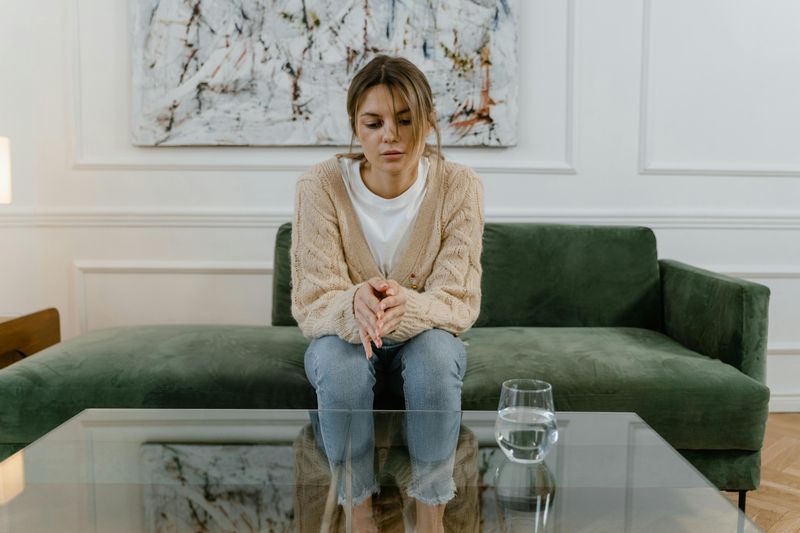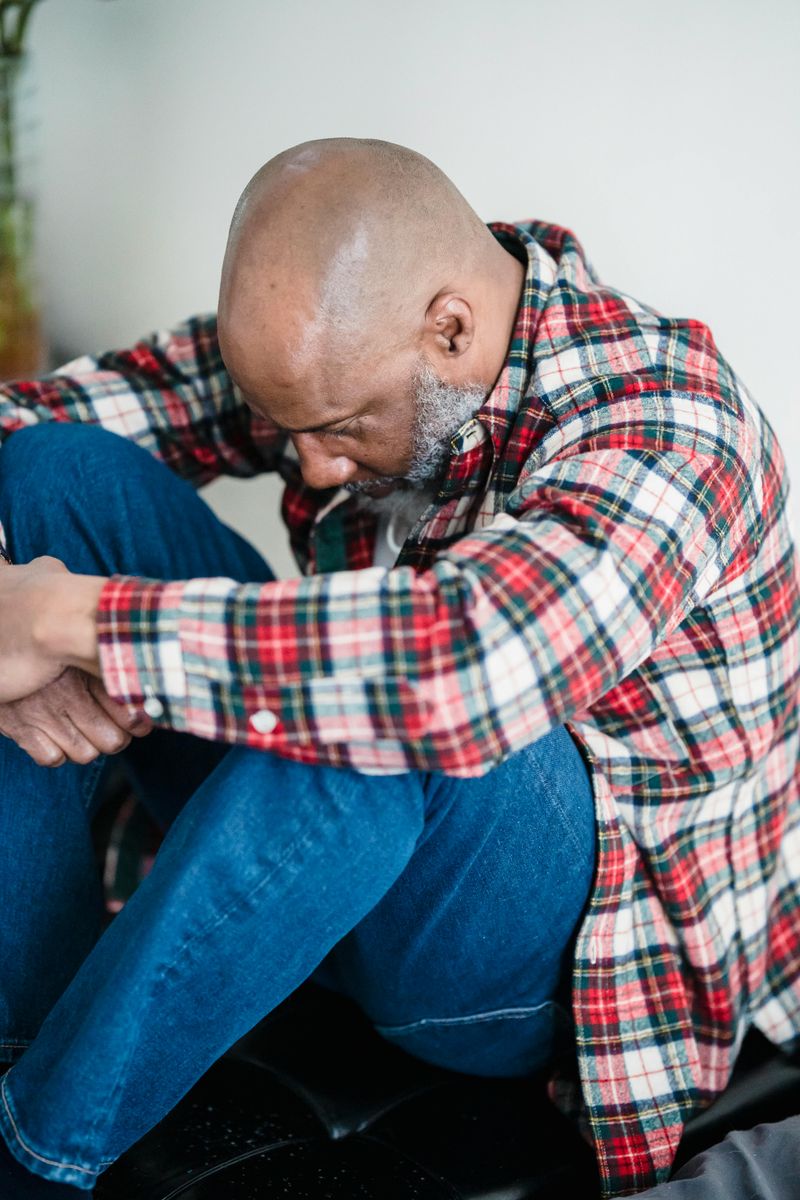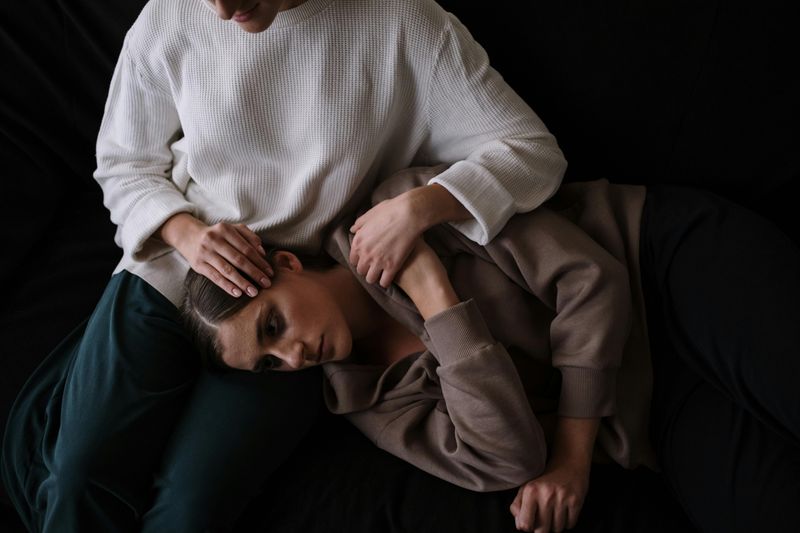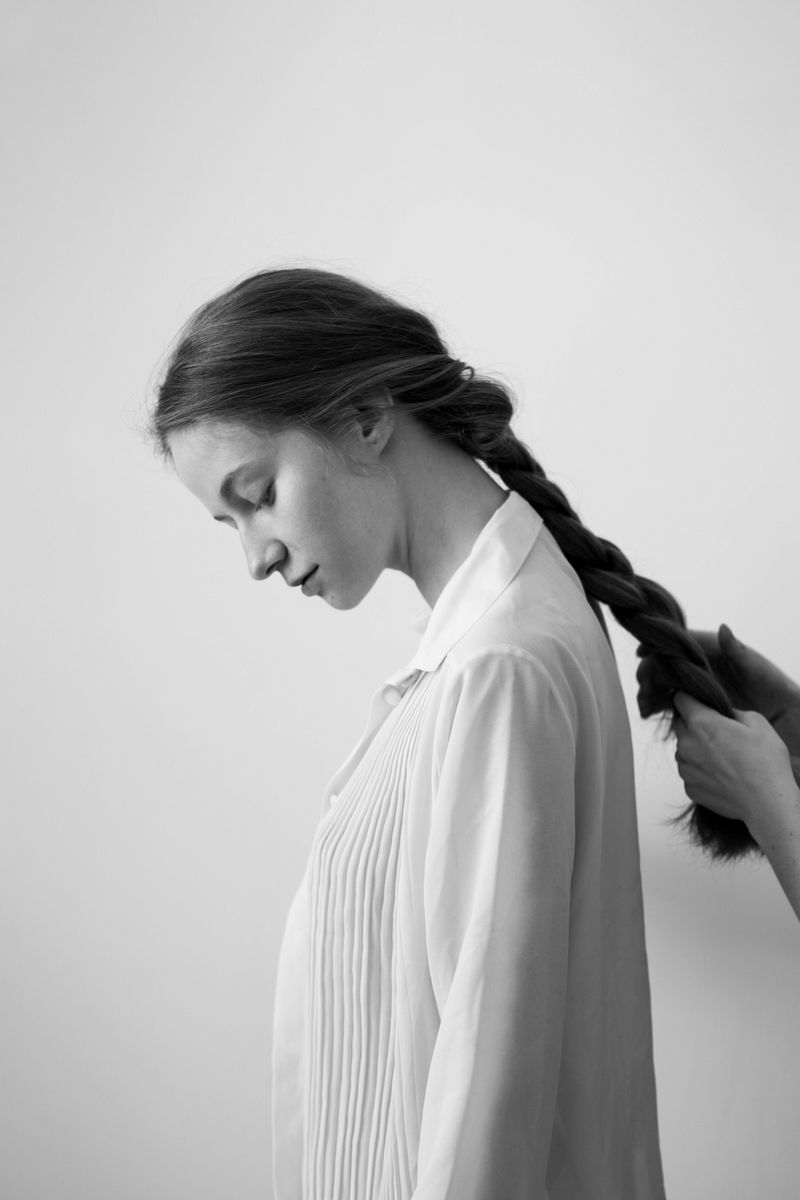9 Signs Someone Feels Unseen or Uncared For

Have you ever felt invisible in a crowded room or unimportant to someone you care about? These painful feelings of being overlooked happen to all of us sometimes. When people consistently feel unseen or uncared for, they often show it through changes in their behavior. Recognizing these signs can help us respond with kindness and reconnect with those who might be silently struggling.
1. They Withdraw Socially

That once-social butterfly now declines every invitation that comes their way. Social withdrawal often serves as a protective shield when someone feels unseen. Rather than risking further disappointment, they retreat into their personal sanctuary.
You might notice they no longer initiate text conversations or suggest hangouts. Their calendar suddenly opens up, and excuses for missing gatherings become the norm rather than the exception.
This retreat isn’t about disliking others—it’s about self-preservation. When feeling invisible becomes too painful, creating actual distance can feel safer than being physically present yet emotionally overlooked. This withdrawal often happens gradually, making it easy to miss until the person has already built significant walls.
2. Minimal Communication

What used to be easy conversations now feel forced. Their answers have become brief—yes, no, maybe, fine—hiding what they really think or feel. This silence often means they no longer believe their words make a difference.
Messages go unanswered for days, or replies come stripped of emotion and detail. Gone are the enthusiastic responses, replaced by functional exchanges that maintain appearances while keeping emotional distance.
Watch for the absence of personal details or questions about others. Someone who feels unseen often stops sharing because they’ve concluded nobody truly cares about their experiences. The emotional investment in communication drops dramatically when a person believes their thoughts won’t be valued anyway.
3. Over-Apologizing

Constantly saying sorry can come from feeling like a burden instead of being appreciated. Often, it’s a sign that someone has absorbed the idea their needs aren’t important.
Notice how they apologize even when no wrong has been committed. A simple request becomes wrapped in layers of apology, as if asking for anything is an imposition. They might apologize for expressing emotions or having basic needs.
This behavior stems from believing their presence is unwanted or burdensome. When someone consistently feels unseen, they begin viewing themselves through this distorted lens, assuming they’re always in the way or causing trouble just by existing.
4. Seeking Validation Repeatedly

The constant search for reassurance reveals deep wells of insecurity. Like a plant turning desperately toward any source of light, someone feeling unseen will grasp for confirmation that they matter.
They might ask if their work is good enough or if their presence is truly wanted. These questions come not from fishing for compliments but from genuine uncertainty about their place in others’ lives.
Even after receiving validation, the relief proves temporary. Soon they’re back seeking more confirmation, as their emotional tank has a leak that positive words can’t permanently plug. This pattern signals they’re missing consistent, genuine recognition that doesn’t require them to ask for it explicitly.
5. Heightened Sensitivity to Rejection

A delayed text response feels like deliberate ignoring. A casual comment transforms into devastating criticism. For someone feeling unseen, minor social hiccups magnify into painful evidence that confirms their worst fears about their importance to others.
You might notice them dwelling on small interactions that others would quickly forget. Not being tagged in a group photo or being interrupted in conversation becomes deeply personal, reinforcing their sense of invisibility.
This heightened sensitivity isn’t about being dramatic—it’s the natural result of feeling chronically overlooked. Their emotional radar becomes fine-tuned to detect any hint of rejection because they’re already primed to expect it. Small slights accumulate into painful patterns that seem to validate their fears of being unimportant.
6. Self-Deprecating Humor

“Don’t mind me, I’m just the human furniture in the room!” Behind the laugh track of self-mockery often lies genuine pain. Self-deprecating jokes serve as both a shield and a test—they reveal how someone truly feels while gauging if others will contradict or confirm these negative self-perceptions.
Listen for humor that consistently targets their own worth, intelligence, or appearance. These aren’t occasional humble jokes but a pattern of self-directed negativity masked as comedy.
This humor style often develops as a preemptive strike—they voice negative thoughts about themselves before others can. It also creates a low-risk way to express genuine feelings of being overlooked. If nobody challenges these “jokes,” it reinforces their belief that the self-criticism is actually accurate.
7. Loss of Enthusiasm

Remember how their eyes used to light up talking about photography? Now their camera collects dust. Fading passion for previously loved activities often signals deeper emotional struggles with feeling valued and seen.
Activities lose their sparkle when there’s no one to share achievements with or when accomplishments go unacknowledged. You might notice they no longer mention projects they once couldn’t stop talking about.
This enthusiasm drain extends beyond hobbies into everyday life. Morning coffee, favorite shows, or weekend traditions no longer bring visible joy. The world literally appears less vibrant when someone feels consistently overlooked. Their decreased motivation isn’t laziness but a natural response to feeling their efforts and interests don’t matter to those around them.
8. Indirect Expressions of Hurt

“No worries, I’m used to being forgotten.” Masked in casual remarks or sarcasm, these indirect expressions reveal wounds too raw to address directly. When someone doesn’t feel safe expressing hurt openly, they often resort to these sideways communications.
Listen for the passive “it’s fine” with a tone that clearly indicates it’s not fine at all. They might make offhand comments about being the “forgotten friend” or joke about always being last to know important news.
These indirect expressions serve as emotional test balloons—ways of signaling distress without risking vulnerability. They hope someone will notice these hints and ask deeper questions. When these signals go unrecognized repeatedly, the person learns their feelings truly don’t register with others, reinforcing their sense of invisibility.
9. Pulling Away Emotionally

The emotional walls go up brick by brick. Someone who once shared dreams, fears, and daily thoughts now offers only surface-level information. This emotional retreat serves as protection against the vulnerability of caring deeply while feeling unseen.
Conversations stay in safe territory—weather, news, or practical matters. Personal questions receive vague responses or topic changes. They might physically be present while emotionally miles away.
Unlike social withdrawal, which others can easily notice, this emotional distancing happens beneath the surface. They still show up but share less of their authentic self. This pattern often emerges after repeated experiences of having vulnerable feelings dismissed or overlooked. The emotional fortress they build keeps out pain but also prevents meaningful connection—a high price paid for protection.

Comments
Loading…